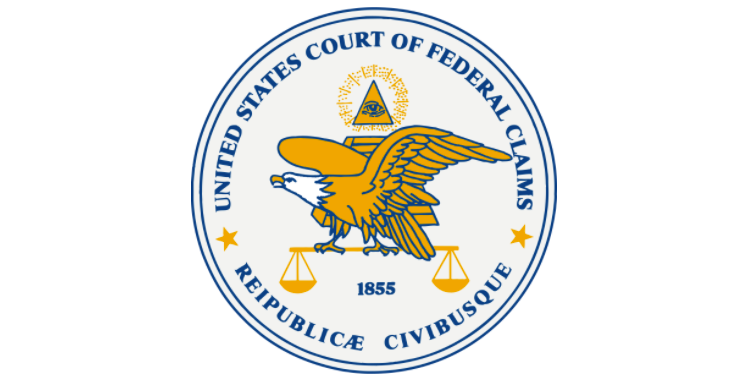By Andy Liu, Andrew Victor, and Haaleh Katouzian
February 3, 2022
A century after Justice Oliver Wendell Holmes Jr. wrote that one “must turn square corners when they deal with the Government,” the Court of Federal Claims issued a decision reminding contractors of this sage advice. Calling the case a “cautionary tale to government contractors,” the Court of Federal Claims, in Lodge Construction, Inc. v. United States, No. 13-499; 13800 (Fed. Cl. Jan. 10, 2022), found that Lodge Construction, Inc. (“Lodge”) violated the False Claims Act when it submitted certified costs claims in connection with a fixed-price contract with the Army Corps of Engineers (“Corps”).
Lodge originally brought the suit against the Government after being terminated for default. The Government then brought counterclaims against Lodge for its violations of the False Claims Act.
Government contractors are required to certify their claims to the Government. Certification means “ensur[ing] a claim submitted for payment is accurate or truthful.” Ultimately, the Court held that Lodge 1) overvalued its dump-trucks, affecting its claims submitted to the Corps; 2) manipulated its “inefficiency ratio” (and even inputted days outside of the claim period in the inefficiency ratio), resulting in inflated damages; 3) fraudulently inflated its operating costs; and 4) double-billed for costs already received in fixed monthly payments.
The court noted that when contractors “seek to recoup sums of money” from the Federal Government, and thus burden taxpayers, rudimentary and approximated claims are likely insufficient. “When job cost data and recordkeeping are inaccurate, the claim will inevitably contain errors and the line between negligence and reckless disregard for the truth becomes vanishingly thin. Cross it, and the government contractor’s claim becomes fraudulent as a matter of law, a designation that carries financial, practical, and stigmatic consequences.”
Notably, Lodge originally admitted that the submitted claims contained errors, but then ultimately “doubled down” on its claims and argued that the information in its claims were intentional, not mistakes – seemingly making it easier for the court to find that Lodge acted with the requisite degree of scienter under the FCA.
